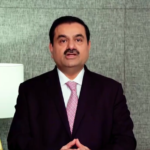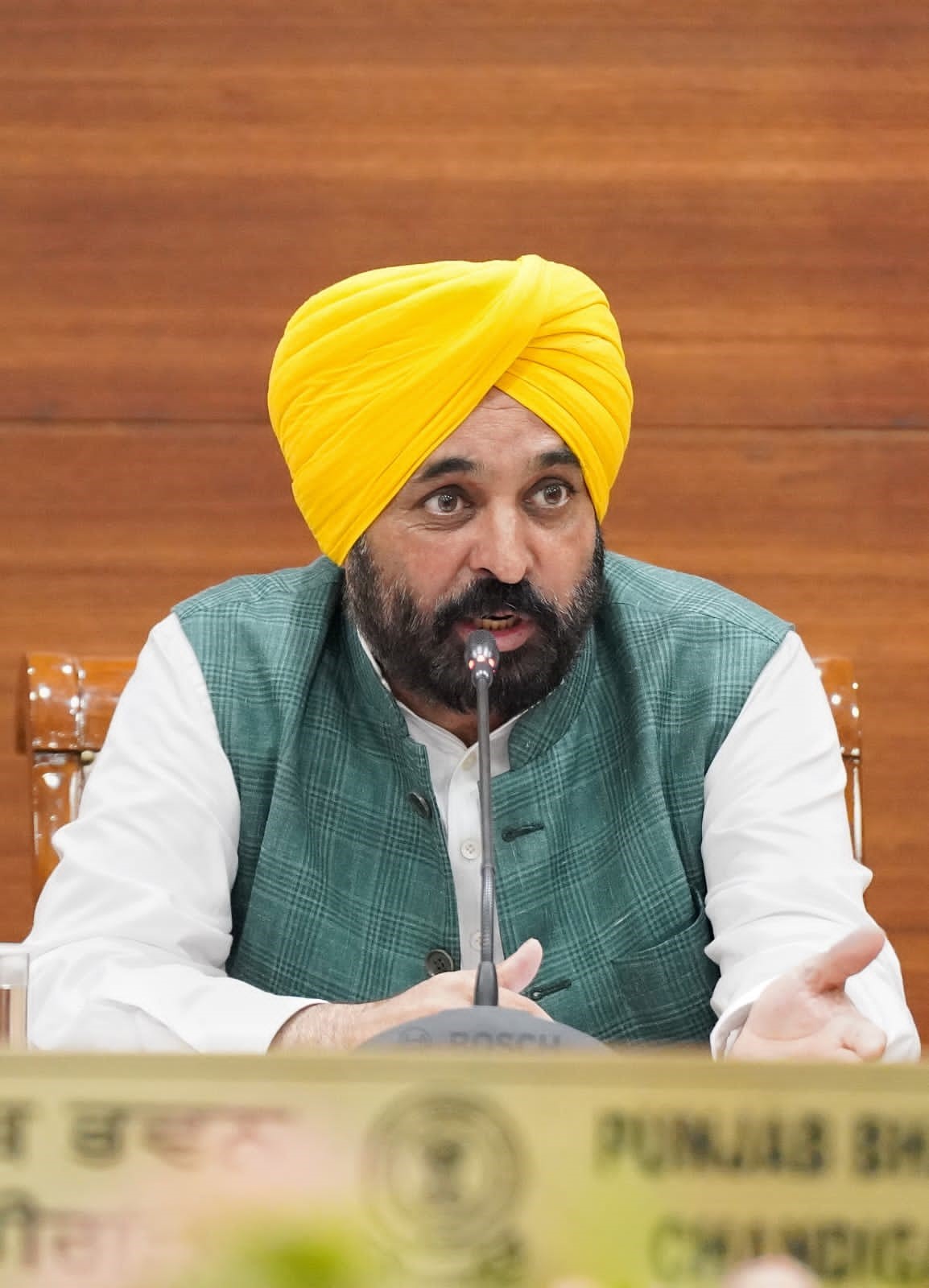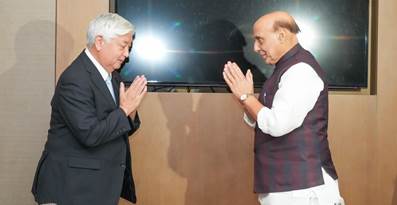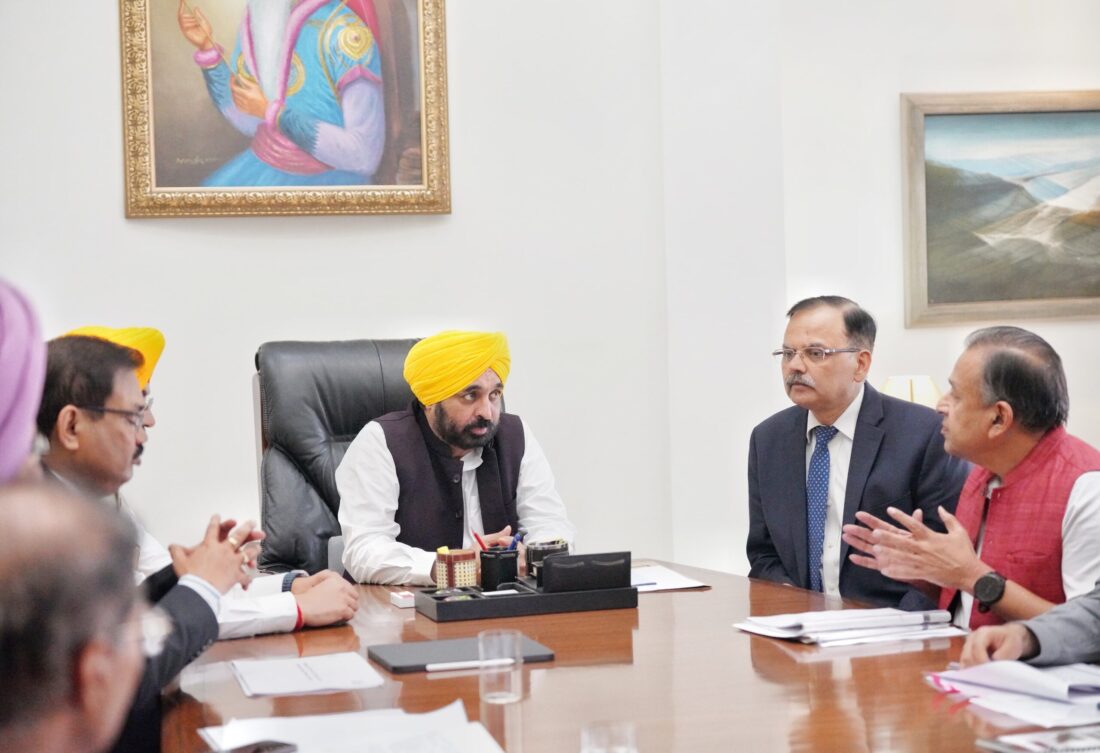North News
Chandigarh, November 22
The ongoing controversy surrounding Indian billionaire Gautam Adani and his business empire has ignited a fierce political and legal battle. At the heart of the dispute are allegations of bribery, fraud, and corporate misconduct, spearheaded by US prosecutors. These accusations have not only caused a dramatic plunge in the Adani Group’s market value but have also put the Indian political landscape on edge. With Centre government facing accusations of complicity in the matter, questions are now being raised about the fairness of the legal process, both at home and abroad.
Billionaire Adani, founder of the Adani Group, is at the center of controversy following allegations by US prosecutors accusing the conglomerate of bribery and fraud. The charges have triggered a political maelstrom in India and resulting in significant financial losses for the Adani Group. Adani, India’s second-richest man with a net worth of $69.8 billion, according to Forbes, has called for a fair and unbiased trial of the allegations.
The allegations, which the Adani Group has vehemently denied, have led to a sharp $27–30 billion drop in the market value of its companies, including Adani Green Energy, Adani Energy Solutions, and Adani Enterprises. Shares of the group also tumbled in Asian trading after the conglomerate scrapped a $600 million bond offering.
Some see this as another instance of foreign governments intervening in India’s domestic affairs under the guise of anti-corruption efforts. Adani’s defenders point out that the conglomerate is a victim of international bias and legal overreach, as Indian entrepreneurs like Adani face undue scrutiny aimed at undermining India’s economic rise. This view is echoed by many within Modi’s government, which has long been critical of what it sees as Western attempts to undermine India’s development path.
The global dimension of the Adani case also cannot be ignored. The US authorities’ decision to press charges against a major Indian business figure raises concerns about the role of international power dynamics in shaping India’s economic policies. With the US presidential transition looming, the timing of the accusations against Adani—coinciding with the rise of Donald Trump, a known ally of Modi—has led to speculation about the political motivations behind the charges.
Outgoing President Joe Biden, a Democrat, has been accused by some observers of complicating the political landscape for President-elect Donald Trump, who is known for his favorable ties with Prime Minister Modi. Biden’s decisions, including his controversial approval of US supplied long-range missile use by Ukraine, have raised concerns about his legacy and potential impacts on India-U.S. relations.
The developments pose critical questions about the intersection of business, politics, and global competitiveness for India, as Adani continues to navigate legal and political challenges both at home and abroad. Beyond the political noise lies a deeper issue, the question of fairness and due process in the treatment of Indian businesses on the world stage.
The Indian government has repeatedly expressed its frustration with what it perceives as a lack of respect for Indian sovereignty, particularly when it comes to allegations involving high-profile figures like Adani.
The Indian Supreme Court on November 21 highlighted the principle of fair trials, citing the case of 26/11 terrorist Ajmal Kasab as an example while hearing Yasin Malik case. This raising broader questions about due process for Indian businessmen facing international scrutiny.
The allegations against Gautam Adani, his associates, and Adani Green Energy executives have sparked political and economic turmoil. This marks the second financial setback for the ports-to-energy giant, which last year canceled a ₹20,000 crore Follow-on Public Offer (FPO) by Adani Enterprises following accusations from U.S. short-seller Hindenburg Research.
Adani, 62, alongside Adani Green executives Sagar Adani and Vneet S Jaain, stands accused of offering $250 million in bribes to Indian officials to secure contracts for a solar power plant project. The US alleged that these contracts were expected to generate over $2 billion in post-tax profits over two decades, with fraudulent loans and bonds exceeding $3 billion raised from international investors.
The indictment includes charges against five other associates who allegedly conspired to obstruct justice by destroying evidence and denying involvement during meetings with US. In a statement released Thursday, the Adani Group denied the U.S. Department of Justice (DOJ) and Securities and Exchange Commission (SEC) accusations.
A spokesperson for the Adani Group dismissed allegations of bribery and fraud leveled by US prosecutors as baseless, emphasizing that the defendants are presumed innocent until proven guilty, as stated by the US Department of Justice (DOJ). “We are committed to the highest standards of governance, transparency, and regulatory compliance,” the spokesperson asserted, reiterating the conglomerate’s law-abiding reputation.
Allegations of bribery and fraud against Indian billionaire Gautam Adani have sparked intense political fallout, with opposition leaders accusing the government of collusion, while the ruling BJP defends the embattled Adani Group. Opposition leader Rahul Gandhi has demanded the arrest of Adani, alleging that the billionaire orchestrated a ₹2,000 crore scam, breaking both Indian and U.S. laws. Gandhi stated that the U.S. investigation into Adani has made the case clear, questioning why Adani remains free. He vowed to raise the matter in Parliament’s Winter Session.
The BJP has vehemently dismissed these accusations, with senior leader Amit Malviya defending the Adani Group. Malviya emphasized that the allegations are yet to be proven, citing the US Department of Justice’s presumption of innocence for the accused. He also pointed out that the timing of the allegations, coinciding with India’s parliamentary session and the U.S. presidential transition, has raised suspicions. Malviya accused Congress of playing into foreign hands, alluding to billionaire philanthropist George Soros.
The charges involve a $265 million bribery scheme allegedly involving Adani Green Energy and U.S.-based Azure Power, aimed at securing solar energy contracts. The bribes are claimed to have been paid to state-run electricity distributors in opposition-controlled states, including Odisha, Tamil Nadu, Chhattisgarh, and Andhra Pradesh. In response to accusations regarding Andhra Pradesh’s involvement, the YSRCP clarified that it had no direct dealings with Adani Group in the solar project.
The allegations have intensified political divisions, with BJP spokesperson Sambit Patra criticizing Congress for its past governance in the implicated states. Patra questioned why Congress continued courting Adani’s investments if the allegations were true.
Meanwhile, U.S. authorities have remained tight-lipped about the specifics of the case. White House Press Secretary Karine Jean-Pierre acknowledged the charges but affirmed that the strong foundation of U.S.-India relations remains intact, despite the controversy surrounding Adani. Jean-Pierre expressed confidence that the two nations would manage the situation, noting the enduring trust and collaboration between the U.S. and India.
The ongoing dispute highlights the intersection of politics, business, and geopolitics as the Adani Group continues to deny the allegations, asserting its commitment to governance and transparency.
















